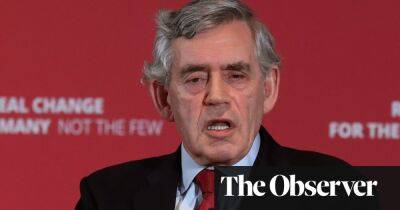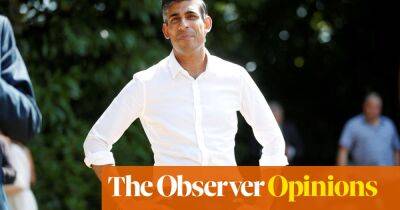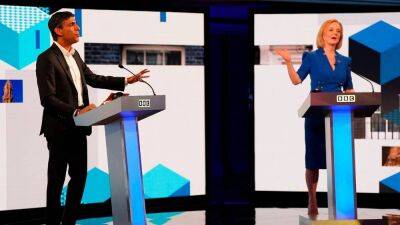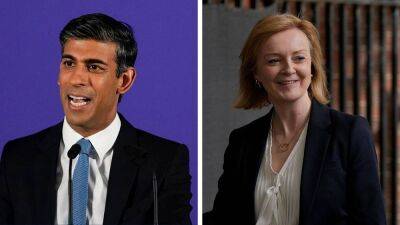Rishi Sunak makes U-turn over energy bills but was he right first time?
In January, Rishi Sunak voted against Labour’s proposal – first floated in October 2021 – to remove the 5% rate of VAT from household energy bills. A few weeks later, during an economic update in the House of Commons, the then chancellor of the exchequer set out his reasoning.
Such a policy would “disproportionately benefit wealthier households”, he explained. Not only that but it would end up becoming a permanent £2.5bn subsidy at a time when he was painstakingly striving to rebuild the public finances.
As the year went on, Labour floated the VAT cut time and again, proposing to fund it via a windfall tax on oil and gas companies. The government, with Sunak at its heart, repeatedly dismissed the idea.
The wind changes direction fast in politics. Now, as Sunak seeks to catch up with Liz Truss, who appears to be winning the race to be the next prime minister, he has undergone a Damascene conversion.
On Tuesday evening the former chancellor promised to slash VAT on domestic energy bills after all, assuming Tory members choose him as their next leader. The temporary cut, he said, would save households £160 in a year.
The shadow chancellor, Rachel Reeves, was surprised at the change of heart.
<p lang=«en» dir=«ltr» xml:lang=«en»>The former Chancellor opposed this every step of the way since Labour proposed it in October — whipping Tory MPs to vote against it time after time. The Tories have nothing to offer. Labour are winning the battle of ideas in Britain.https://t.co/pqUlWFb7rSThere remains, however, a question mark over whether Sunak was right the first time.
The average dual-fuel tariff is forecast to rise from £1,971 to £3,300 in October, when the next price cap takes effect, hitting 22 million customers directly in the
Read more on theguardian.com



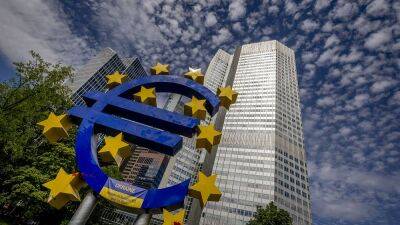



![Everything that Polkadot [DOT] short sellers should know to make profit - ambcrypto.com](https://finance-news.co/storage/thumbs_400/img/2022/8/23/38130_1xp.jpg)

